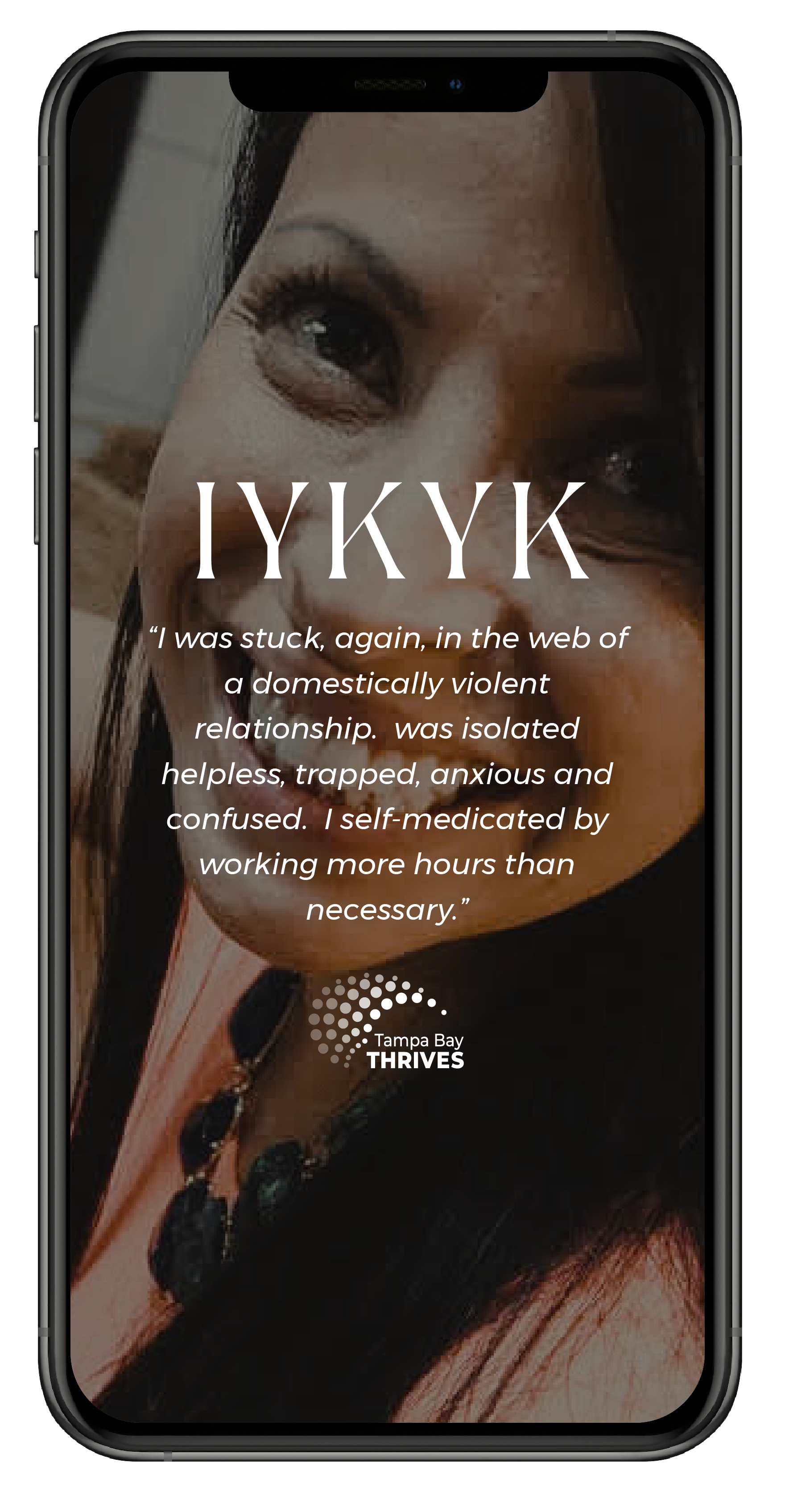Ryan
I needed permission to go. I was in my 15th with the fire department, 17 years in emergency medicine, a decade as a paramedic on a SWAT Team and I, like many others, had witnessed the myriad highs and lows of human experience. Countless lives lost before my eyes. Family members, young and old, taken in front of loved ones, literally dying in my hands. It’s not easy and likely causes long term cumulative mental injury to me and my team.
A few years back, we began teaching/talking about these concepts based on the significance of suicide in our field. We had to acknowledge that we’d become desensitized to normal stressors so, when we actually started to feel something, it often meant that that stress had to shatter through a shockingly high emotional threshold for stress. As I taught these concepts to my peers, I realized that I began checking off some of the signs…honestly, a lot of the signs. Still, I didn’t do anything about it. I kept internalizing, dealing with it. I was a strong man, sharp minded, in control…sound familiar? Only until after training with a group of elite operators on the military side, after seeing how much they had normalized mental health care, was I finally able to shed the male stigma, realize that some of the personal crucibles I was going through were actually needing a therapeutic environment to work through. It took 17 years and, on some level, because of some male trope I had assimilated, I still needed permission to take care of myself after taking care of so many others. It was a combination of my personal challenges, not just the trauma of my work, and I truly needed help making sense of it all.
Now, when I get the chance, I try to free up others to seek out the self care they need, to give them permission to go do the good work they deserve. I was unexpectedly given permission by people that I looked up to, that I saw as the elite of the elite, that were actually doing the good work for themselves to fortify that abnormally high ceiling of stress that I realized I had broken through. They’ll never know that they helped me, but their honesty gave me the permission I needed. I am still in the field, still being exposed to stress and trauma, but I have more resilience to the experience through data, a clinical perspective, a path built through proven success. Some of the most elite men that I’ve ever met allowed me to go and, in my 21st year with the FD, 23 years in EMS, I’m better for it. I still go every few weeks. Here’s your permission: Go and seek the support you deserve.
